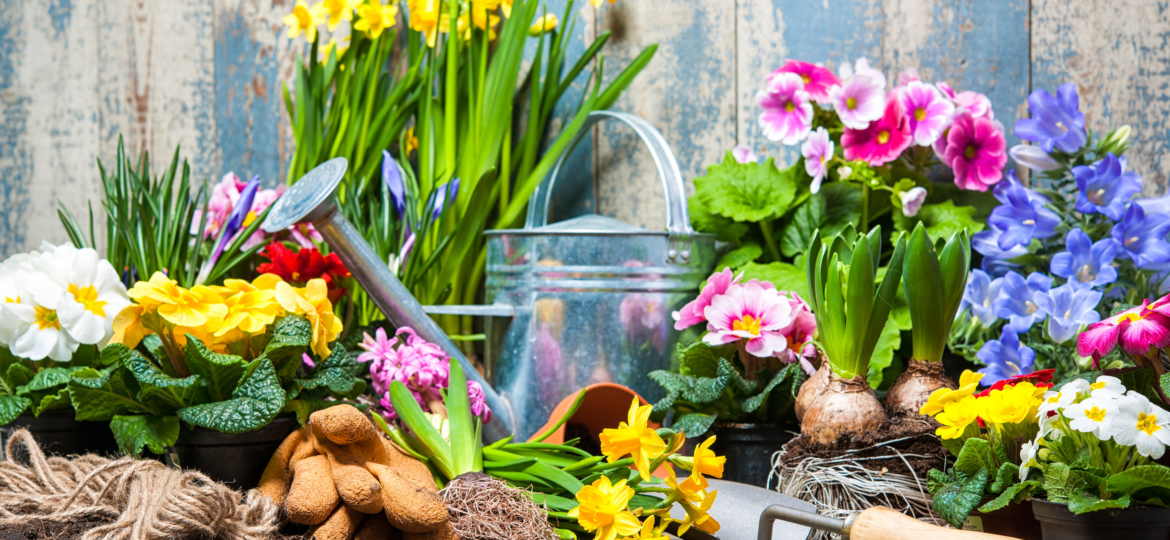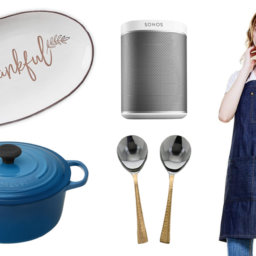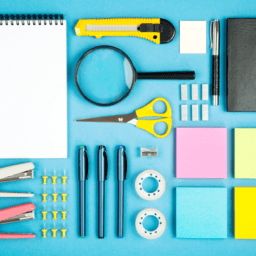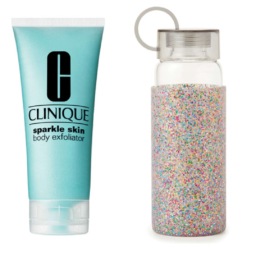
Every homeowner would want to create the perfect front yard or backyard this spring. Having some few gardening tips and ideas up your sleeve can be of great help. Whether you want to pursue gardening as a way to enhance your home’s landscape or are seeking to pursue a healthier lifestyle, knowing the when and how of gardening will get you to a good start. Whatever style of gardening you are going to adopt, the success of your garden depends on having healthy garden soil. The healthier the soil, the more productive your garden will be and the higher the quality of your crops.
Here are a few tips to get your garden safely off the ground;
1. Pick a viable spot for the garden
Choosing a place where the plants can get all the necessary requirements like sunlight and water is quite essential. Plants like vegetables and most flowers need the full light which means they need a place where they will receive at least six hours of sunlight during the growing season. Other plants thrive on less sunlight; thus, you should make sure they can get the reprieve from the sun even if it means creating it artificially. You may want to place your garden plot near a source of water so that it doesn’t become a bother hauling it during periods of dry spells.
2. Prep the soil
The secret to a great garden is good soil. A lot of soil that is found around residential places isn’t ideal for plants. Adding large amounts of organic materials usually in the form of grass clippings, crushed leaves and composted manure will do wonders for the soil. Organic matter encourages beneficial microbial activity that provides healthy nutrients to your plants. Further, it helps retain water that would otherwise wash away and breaks dense soil to make up space for roots to grow and reach some air. A local gardening center can help you determine how much organic matter is required to make your soil fertile.
3. Plant in wide beds
Plant your crops as tightly as possible in beds while avoiding overcrowding so as to cut on weeding, conserve water and accumulate compost that helps improve the soil structure year after year as the layers of organic matter pile up. Space the plants accordingly, leaving adequate space to allow for the mature plant size. Make sure you can easily reach all the plants for maintenance and harvest.
4. Remember to mulch
Whether you are growing in a container or a garden, mulching your soil with pine needles, straw or other organic matter will help conserve moisture, slow down the growth of weeds and keep soil-borne fungi away from the plants.
5. Know what suits your area
Having your garden presents you with a chance to plant what you love. However, it is important to work with Mother Nature. Determine what vegetables and crops do best in your growing area.
6. Don’t forget the necessary tools
The larger the scale of your gardening, the more tools you will need. There is no end to the amount of gardening equipment that you can use. Just ensure that you readily have essentials like spade, garden fork, scissors, soil knife, soaking hose, hoe, weeders, shovel and a basket for moving around mulch or soil.
Click on the links provided to see the wide range of gardening tools that Cartageous.com and Lee Valley has to offer!
















